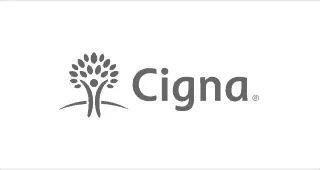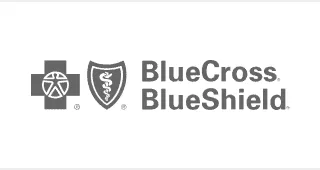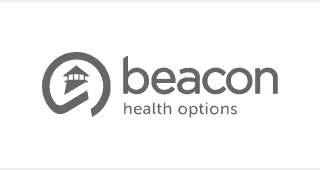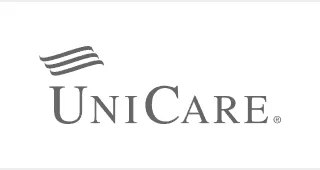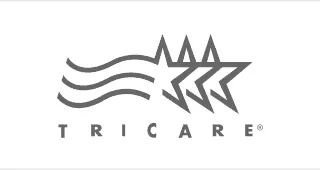What is a Sober Living House?
Sober living homes serve as a bridge between formal addiction treatment and the transition to daily life. Sober living communities offer a supportive environment in a quiet neighborhood where individuals can practice the skills they acquired during treatment while staying in a community that promotes sobriety and long-term recovery.
Sober living homes offer a drug and alcohol-free environment for those committed to long-term recovery. While some sober home programs allow residents to stay indefinitely, others have duration limits. They aren’t overseen by state licensing agencies since they don’t provide clinical treatment. However, many are part of organizations or coalitions that ensure the sober living home upholds certain guidelines related to health, safety, quality, and commitment to a model that highlights 12-step programs or other mutual support groups.
The sober living community as a whole, inclusive of multiple sober living homes, provides a network of support, accountability, and structure essential for maintaining sobriety. If you are finished with or about to complete treatment and believe you would benefit from sober programs, it is important to take steps to do so. This type of stable environment can help you transition back into daily life and maintain sobriety.
Who Lives in a Sober Living Home?
Sober living facilities cater to individuals seeking additional time in a sober environment to reinforce coping strategies and habits before reintegrating into everyday life. Generally, sober homes are open to all applicants, with many residents having completed a drug rehab program before their arrival. These residences are characterized by a community of individuals in recovery, all dedicated to maintaining their sobriety and building a drug-free life. They offer a supportive environment, fostering peer support and connections among residents with shared experiences and goals.
Who Benefits from Sober Living Housing?
Sober living is particularly advantageous for individuals who are navigating the recovery process and need an additional layer of support. Transitional living can provide an environment with fewer triggers, coupled with a strong community of sober peers (recovering addicts) that offer emotional and practical assistance to help individuals stay on track throughout their sober living journey.
These homes offer a supportive and alcohol and drug-free environment, serving as a vital bridge between treatment programs and the challenges of everyday life. Those who have recently completed detox or inpatient care often find comfort in living in a sober house, as they offer a controlled setting that supports their transition back into regular life. This setup benefits individuals by promoting accountability in their new life, providing structure, and encouraging peer support.
Sober housing caters to those who need a safe and stable space to avoid triggers and negative influences that might lead to relapse. The setting of a sober living home fosters the development of essential life skills, such as budgeting and conflict resolution, crucial for sustained, long-term recovery.
What to Expect in Sober Living Housing?
Common expectations for residents typically include adhering to house rules, abstaining from substances, participating in house meetings, and undertaking household responsibilities. Most sober living homes Part of ensuring a substance-free environment includes random drug testing, which residents should expect as a standard procedure in most sober living homes.
Some recovery homes offer assistance in job placement or have established ties with local employers, ensuring smoother employment transitions. Certain homes mandate participation in 12-step programs, while others might merely suggest it. Additionally, residents of sober living homes often partake in routine counseling, therapy sessions, recreational activities, and other recovery services. They might also receive care for co-existing medical conditions during their stay.
The rules that govern a sober living house are put in place to provide structure and support to its tenants. While living in a sober living house may seem inconvenient due to strict guidelines, it is often the best decision for those trying to get their lives back on track after recovering from alcohol or drug abuse.
Costs Associated with Sober Living
The expenses for sober living generally run between $450 and $750, but this depends on the location, amenities, services provided, and other factors. The cost can potentially also include security deposits, rent, and utilities. However, some programs include utilities in the total cost of the monthly rent.
People who attend sober living housing are usually able to work while they are participating in treatment services. Many patients use a portion of their income to cover some living costs while staying in a sober living home. In addition, some homes offer scholarships for individuals who are not able to afford sober living out of pocket.
Get Help Today for Substance Abuse
At our addiction treatment center, every person battling addiction is treated with the utmost care as we recognize that the path to recovery is deeply personal. Our admissions process is streamlined and compassionate, ensuring that the individual and their loved ones feel understood and supported from the very beginning.
Our knowledgeable and experienced team specializes in working with a wide range of insurance plans and companies to help you access the maximum benefits available. When you call us, our admissions navigators will work with you and your insurance provider to create the right funding plan for you.
We work with most insurance companies. Please note we are not affiliated with or endorsed by insurance companies.
No Medicaid Accepted.





